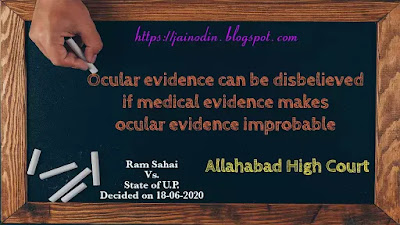Law relating to saction for prosecuting police officers and its limitations
Held:
Sanction u/s.197 of CrPC, to prosecute a police officer, for act related to the discharge of official duty, is imperative;
But an offence committed entirely outside the scope of the duty of the police officer, would certainly not require sanction u/s.197 of CrPC.
68. Sanction of the Government, to prosecute a police officer, for any act related to the discharge of an official duty, is imperative to protect the police officer from facing harassive, retaliatory, revengeful and frivolous proceedings. The requirement of sanction from the government, to prosecute would give an upright police officer the confidence to discharge his official duties efficiently, without fear of vindictive retaliation by initiation of criminal action, from which he would be protected under Section 197 of the Code of Criminal Procedure, read with Section 170 of the Karnataka Police Act. At the same time, if the policeman has committed a wrong, which constitutes a criminal offence and renders him liable for prosecution, he can be prosecuted with sanction from the appropriate government.
69. Every offence committed by a police officer does not attract Section 197 of the Code of Criminal Procedure read with Section 170 of the Karnataka Police Act. The protection given under Section 197 of the Criminal Procedure Code read with Section 170 of the Karnataka Police Act has its limitations. The protection is available only when the alleged act done by the public servant is reasonably connected with the discharge of his official duty and official duty is not merely a cloak for the objectionable act.


